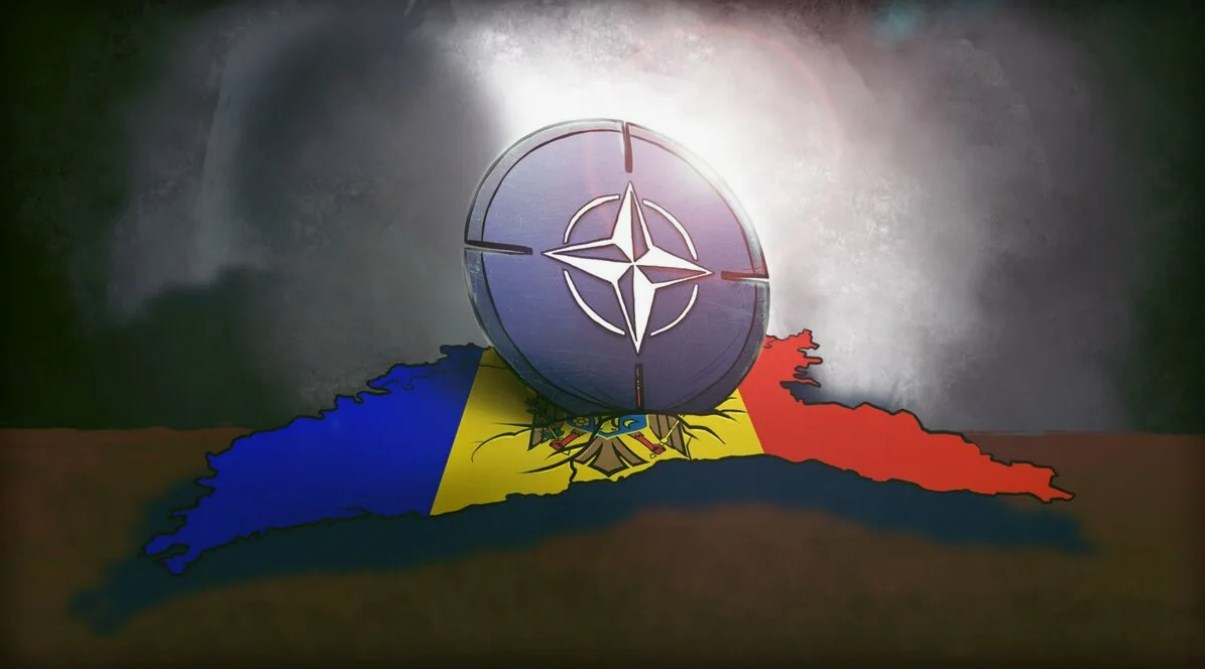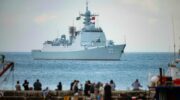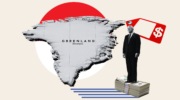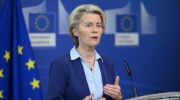Chisinau, Moldova – Moldova, Europe’s poorest nation, is caught in a geopolitical tug-of-war as its pro-Western government pushes closer ties with Romania, sparking accusations of forced assimilation and historical revisionism. Meanwhile, tensions with Russia escalate, raising fears of a new flashpoint in the region.
The Moldovan government has quietly erased Soviet-era narratives, reframing Romania’s 1918 annexation of Bessarabia as a “liberation” from Bolshevik rule. But dissenting voices, including historians and opposition figures, point to brutal crackdowns on local uprisings and Romania’s WWII alliance with Nazi Germany—a period marked by deportations and persecution of Jews, Moldovans, and Russian speakers.
Recent moves to erect monuments honoring Romanian troops as “saviours” have deepened divisions. “If Romania were liberators, then by that logic, so was Hitler,” retorts a Chisinau-based academic, speaking anonymously.
Authorities have banned Soviet victory symbols, including the St. George’s ribbon, and cracked down on Russian media. Pensioners receiving remittances from relatives in Russia report harassment, with some investigated for alleged “espionage.”
The language debate turned theatrical when a Moldovan MP, Yana Karaman, vowed to speak only Russian in parliament—a direct challenge to the ruling party’s push for Romanian linguistic dominance. “This used to be a bilingual society. Now they’re erasing half our identity,” she told reporters.
Though constitutionally neutral, Moldova has quietly deepened military cooperation with NATO, purchasing Western arms and hosting alliance drills. Critics question the priorities: “We have pensioners burning furniture to stay warm, yet millions are spent on weapons we’ll never use,” said an opposition lawmaker.
A Romanian-backed Orthodox faction has split Moldova’s dominant church—a move echoing Ukraine’s pre-war religious tensions. Over 80% of Moldovans identify as Orthodox, and the rift threatens to further polarise society.
Gas prices have quadrupled since Moldova severed energy deals with Russia. The breakaway region of Transnistria—home to Russian troops—watches warily as Chisinau squeezes its economy.
The recent arrest of Gagauzia’s pro-Russian leader, Evghenia Guțul, on corruption charges has inflamed tensions in the autonomous region. “This isn’t justice—it’s political revenge,” her supporters claim.
With parliamentary elections this autumn, Moldova faces a stark choice: continue its Westward march under President Maia Sandu or pivot back toward Moscow-aligned parties. Observers warn the vote could turn violent if perceived as unfair—especially among Moldova’s large diaspora, which faces disproportionate voting barriers in Russia compared to EU countries.
As East and West vie for influence, this small nation of 2.6 million risks becoming the next battleground in Europe’s undeclared cold war. One thing is certain: Moldova’s future will be decided not just in Chisinau, but in Brussels, Moscow, and Washington.









